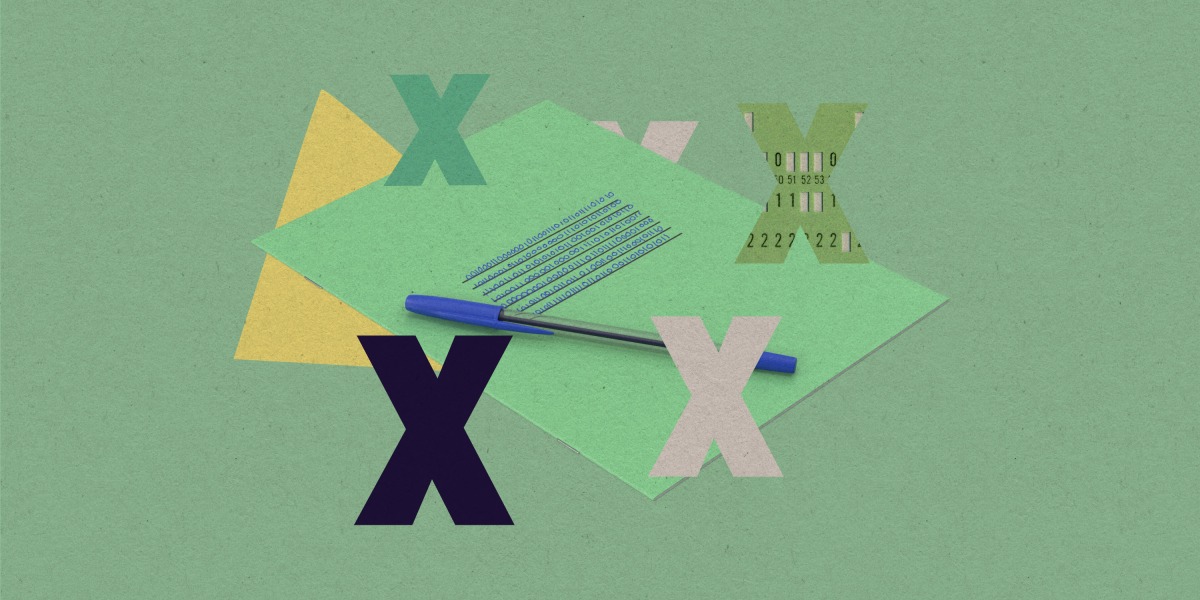
That’s a shame. If educators actively engage with students about the technology’s capabilities and limitations—and work with them to define new academic standards—ChatGPT, and generative AI more broadly, could both democratize and revitalize K–12 education on an unprecedented scale.
A bold claim, I know. But after a few months of putting generative AI to the test (a nerdy case of senioritis, if you will), I’m optimistic. Exhibit A? College applications.
Few things are as mentally draining as applying to college these days, and as I slaved away at my supplemental essays, the promise of using ChatGPT as a real-time editor was attractive—partly as a potential productivity boost, but mostly as a distraction.
I had ChatGPT carefully review my cloying use of semicolons, grade my writing on a 0–10 scale (the results were erratic and maddening)2, and even role-play as an admissions counselor. Its advice was fundamentally incompatible with the creative demands of the modern college essay, and I mostly ignored it. But the very act of discussing my writing “out loud,” albeit with a machine, helped me figure out what I wanted to say next. Using ChatGPT to verbalize the space of possibilities—from the scale of words to paragraphs—strengthened my own thinking. And I’ve experienced something similar across every domain I’ve applied it to, from generating fifth-grader-level explanations of the French pluperfect to deciphering the Latin names of human muscles.
All this adds up to a simple but profound fact: anyone with an internet connection now has a personal tutor, without the costs associated with private tutoring. Sure, an easily hoodwinked, slightly delusional tutor, but a tutor nonetheless. The impact of this is hard to overstate, and it is as relevant in large public school classrooms where students struggle to receive individual attention as it is in underserved and impoverished communities without sufficient educational infrastructure. As the psychologist Benjamin Bloom demonstrated in the early 1980s, one-on-one instruction until mastery allowed almost all students to outperform the class average by two standard deviations (“about 90% … attained the level … reached by only the highest 20%”).
ChatGPT certainly can’t replicate human interaction, but even its staunchest critics have to admit it’s a step in the right direction on this front. Maybe only 1% of students will use it in this way, and maybe it’s only half as effective as a human tutor, but even with these lowball numbers, its potential for democratizing educational access is enormous. I would even go so far as to say that if ChatGPT had existed during the pandemic, many fewer students would have fallen behind.
